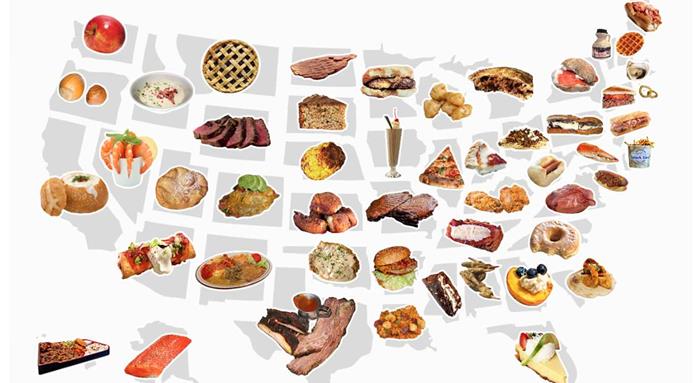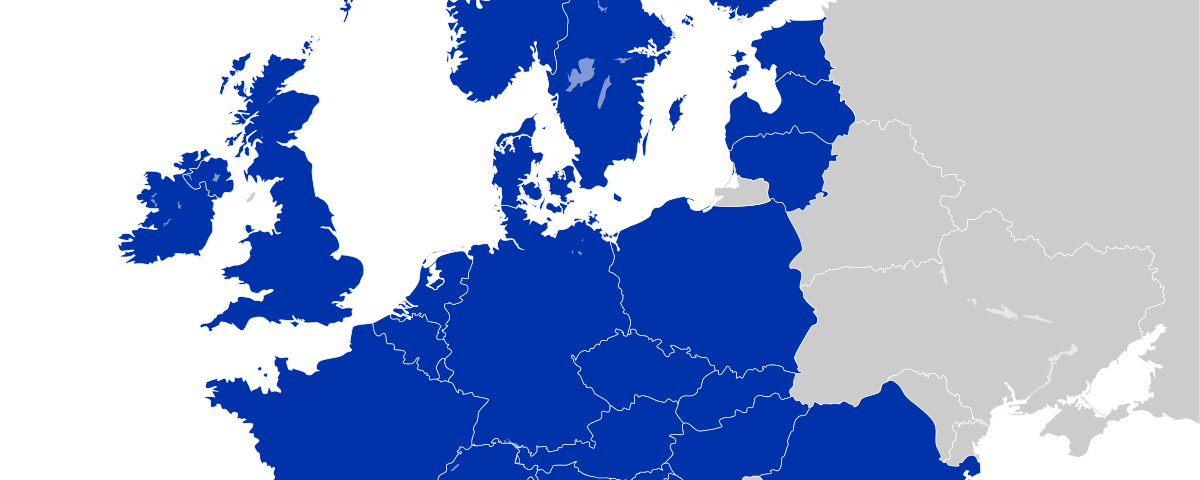The legislative frameworks on FCM were investigated for EEA and non-EU countries (or group of countries such as Norden or Mercosur) with significant legislation on FCM. The article analysed similarities and/or differences in the EU structure. Only the most relevant information is mentioned.
FCM – EEA countries
The section summarises the measures on FCM available in the European Economic Area (EEA) countries (Norway, Iceland and Liechtenstein), which based on the agreement of 1 January 1994 can participate in the EU Internal Market.
FCM – Norway
The FCM legislative framework of Norway was included with the data of EU countries, due to some commonalities with MSs adhering to the Nordic Council.
FCM – Iceland
Iceland implements the EU legislation on FCM. General provisions on FCM are reported in the Food Act (Lög um Matvæli, 1995 nr. 93, 28. Júní, check the EU Accession Screening Report Iceland, Chapter 12 (11/2011)). There are no additional specific national laws on FCM. One exception was Regulation (EU) No 284/2011, on imports from the People’s Republic of China and Hong Kong, but an amendment to the Food Act No 93/1995 on its implementation has been submitted to the parliament – search right on search engine the Final report – EFTA Surveillance Authority mission to Iceland From 3 to 7 December 2012 regarding the application of EEA legislation related to FCMs.
Iceland is part of the Nordic Council, and thus applies the Norden guidance documents, also applied by Denmark, Sweden, Norway and Finland. The Local Municipal Environmental Health and Protection Offices (the Local Competent Authorities, LCAs) are legally responsible for the controls of producers and importers of FCMs. Their legal powers to carry out official controls and to enforce the legislation are established according to the Food Act No 93/1995 (Art. 28, 29 and 30 for intermediate measures, and in Art.31 for penalties). In addition, in Art.14 it is stated that producers and importers of packaging used for food, or for products used in the production of food, shall ensure that such does not damage the product for which it is intended, in such a way that it would make the product hazardous or unsafe for human health, reduce its quality or make it unfit for consumption as the example of using plastic filler products for containing your hot food.
The Icelandic Food and Veterinary Authority (MAST) is responsible for supervision and coordination of the LCAs, may issue guidelines for the LCAs. MAST has recently contacted Denmark’s NRL in order to make an agreement for the Danish laboratory to serve as Iceland’s NRL in the future.
FCM – Liechtenstein
As Norway and Iceland, in the frame of the EEA Agreement Liechtenstein implements EU legislation on FCM. Liechtenstein does not have any other specific national law on FCM.

FCM – Non-EU countries
This portion used several available sources from peer-reviewed publications – Review of the regulation and safety assessment of food substances in various countries and jurisdiction (Bernadene Magnuson, Ian Munro, Peter Abbot, Nigel Baldwin, Rebeca Lopez-Garcia, Karen Ly, Larry McGirr, Ashley Roberts and Susan Socolovsky), Food Additives & Contaminants: Part A, 2013, Vol. 30, No. 7, 1147–1220, book sections – Chemical migration and FCMs (Ed. K.A. Barnes, C.R. Sinclair, D.H. Watson, 2007, ISBN-13:978-1-84569-209-4 / 209-8),Global Legislation for Food Packaging Materials (R. Rijk, R. Veraart, Wiley-VCH, c2010, ISBN 9783527319121 3527319123), other materials as Fathoming Food Packaging Regulation Revisited (Jerome H. Heckman), Keller & Heckman Special Focus 03/2001,the world law guide – check the link in here, website plays as decernis database in the link that provided dedicated reviews and state of the art of international and worldwide regulatory frameworks in place for FCMs.
FCM – United States of America (USA)
The regulatory authority in USA is the Food and Drug Administration (FDA). According to the Federal Food, Drug, and Cosmetic Act (FFDCA), foods are considered adulterated if they contain unsafe food additives or unsafe levels of impurities. Food additives are divided into three categories: direct (directly added to the foods), secondary direct (added during treatments of food), and indirect (chemicals that might be transferred to the food by its packaging or processing equipment). Thus FCM should comply with requirements of indirect additives. Food contact substances (FCS) are considered unsafe if they are not compliant with a food additive regulation or they do not have a food contact notification (FCN). FCN as pre-market FCM components approval program was introduced by the FDA Modernization Act of 1997 and is effective from 2000. It replaces petitions and regulations for new substances, that was established by Section 409(a)-(d) of the FFDCA, and that was found often as a lengthy and burdensome process. The reference framework regulation for FCM is the Chapter I of the Title 21 of the Code of Federal Regulation (CFR) (21 CFR Chapter I). The FCN process is described 21 CFR, 170.100-106 and is the primary method to authorise new substances for food contact – US Government. The FCN must contain chemistry data, toxicology data and environmental assessment (if needed). Whatever process is used for asking an authorisation, the burden of demonstrating that the intended uses of the substance are safe is on the notifier.

As a difference with the EU legislation, the US legislation uses the concept of Threshold of Regulation (ToR) exemption process established in 1995 as another pre-market authorisation system for FCM, which imposes limits to the application of the CFR. According to 21 CFR, 170.39, FDA can exempt food-contact material from regulation if:
Its use results in < 0.5 ppb in diet, or
It is cleared as direct food additive and exposure from food-contact use is less than 1% of the “Acceptable Daily Intake” (ADI)
It is not a carcinogen and it does not have impurities that are potent carcinogens (TD50 < 6.25 mg/kg bw/day)
A list of exemptions issued for substances used in FCM is also reported under 21 CFR 170.39. To get the approval for a new substance, that is not already considered “Generally Recognized As Safe” (GRAS, 21 CFR, Part 170) or that has not been prior-sanctioned (21 CFR, Part 181), or for which there is not an exemption available, a FCN must be presented. It must be verified if whether any food additive clearance covers the substance use. While a petition authorises generically a substance, the FCN system grants authorisation only to the manufacturers/suppliers cited in the FCN, and the ToR exemption is effective only for the manufacturers/suppliers of the substance.
In addition, 21 CFR, Chapter I, Section 174.5 reports measures for GMP for packaging. Housewares, beverage dispensers, tools used in households and restaurant are not covered by the CFR, but if a problem arises, the FDA can take action.
FCM – Canada
Food packaging is regulated by Division 23 of the Food and Drug Regulations that states that FCM cannot release harmful substances – Government of Canada, Regulation of Food Packaging in Canada (Keller & Heckman Special Focus 10/2014). It reports some restrictions on some substances (admission, non-admission, limits). In Canada food packaging is intended as the packages into which foods are marketed and the articles that come into contact with foods during production and processing, but not all the other consumer products such as kitchen tools, utensils, etc. as they are not meant to be sold together with foods. Producers might on voluntary basis submit a food packaging evaluation to the Health Products and Food Branch (HPFB) for assessment of chemical safety that is then certified by an advisory opinion. This applies to finished products or intermediate materials, but also suppliers of substances (e.g.: additives) may ask for a letter of opinion. These documents are only opinions, they are not legally binding and the sellers remain solely responsible for their products. Approvals of FCS are not required. Articles and equipment intended to be used in registered food production industries have to be registered by the Canadian Food Inspection Agency (CFIA). The preparation of a list of additives is under discussion, but a publication date is not foreseen.

